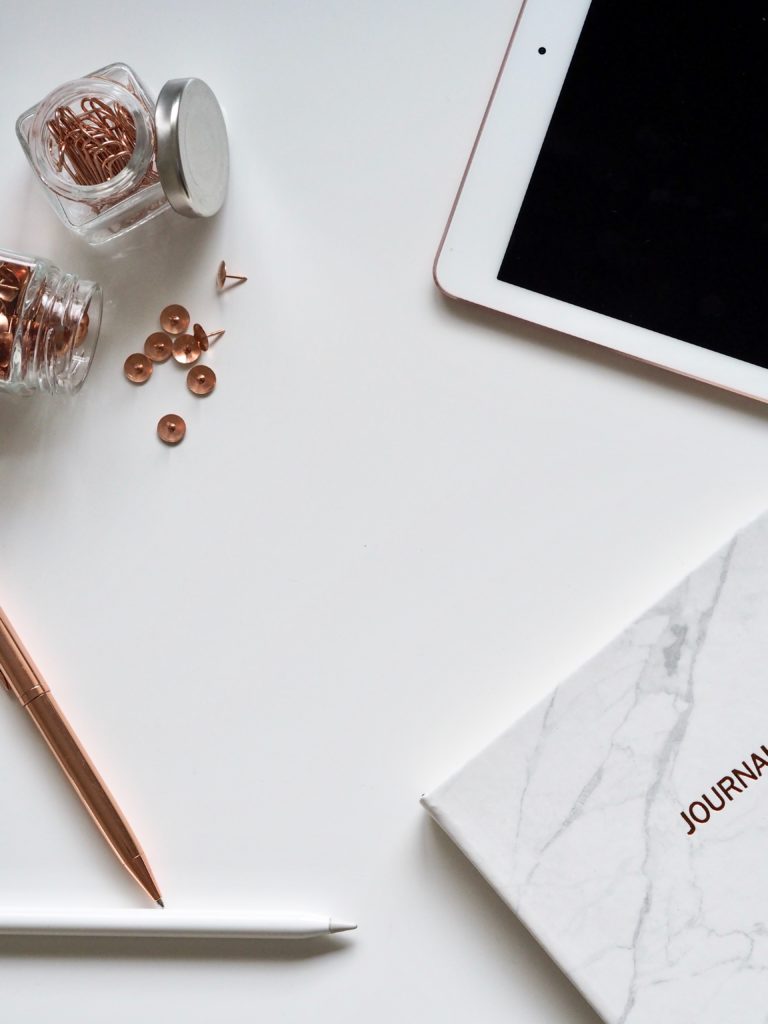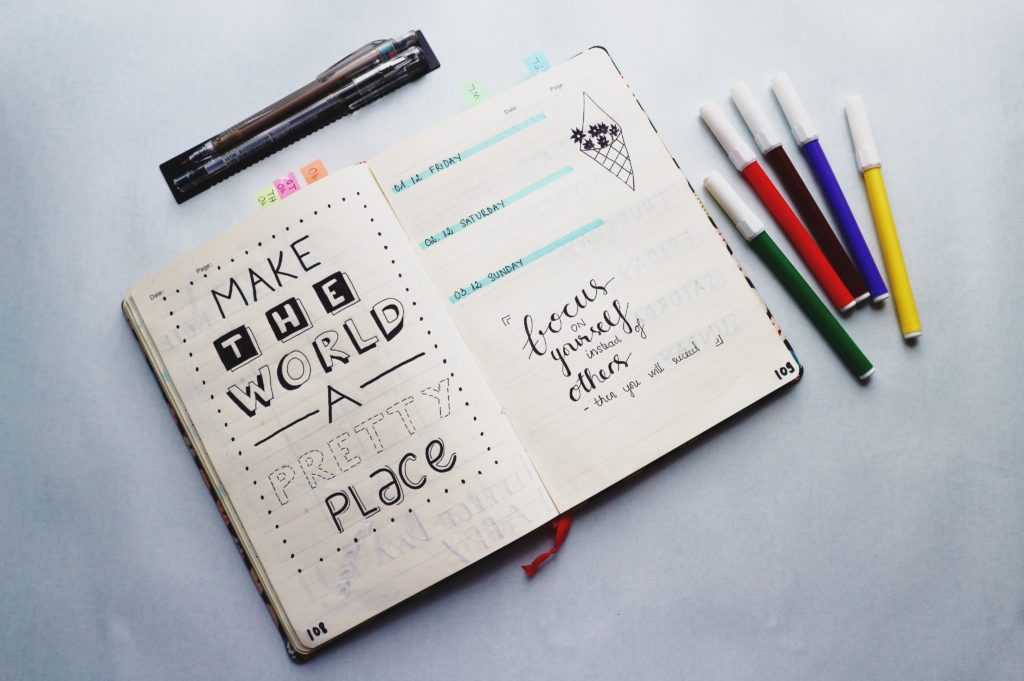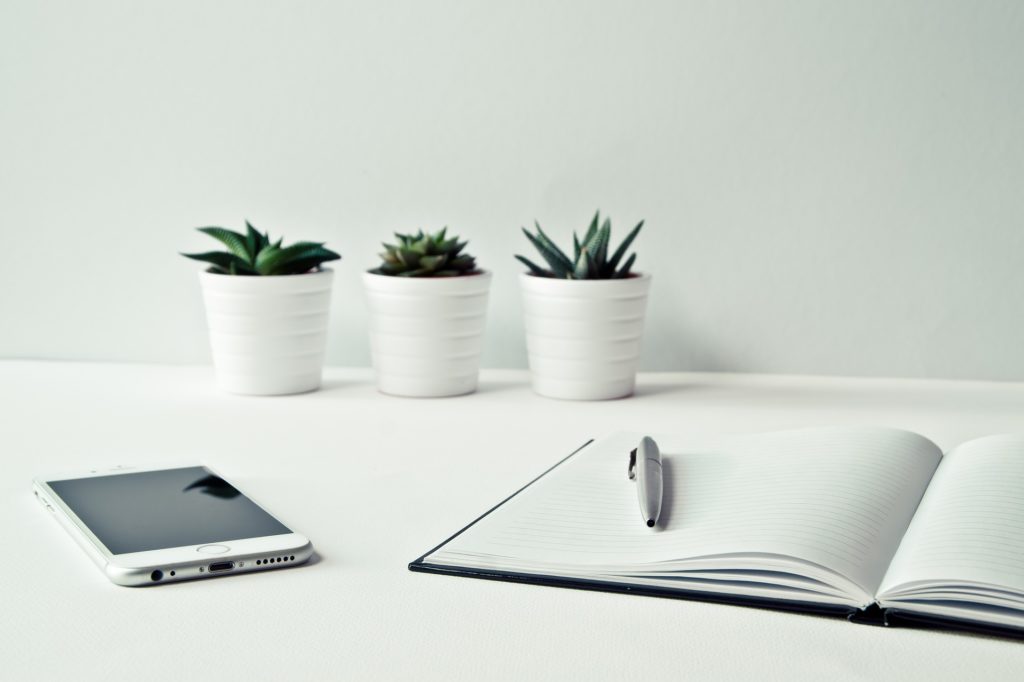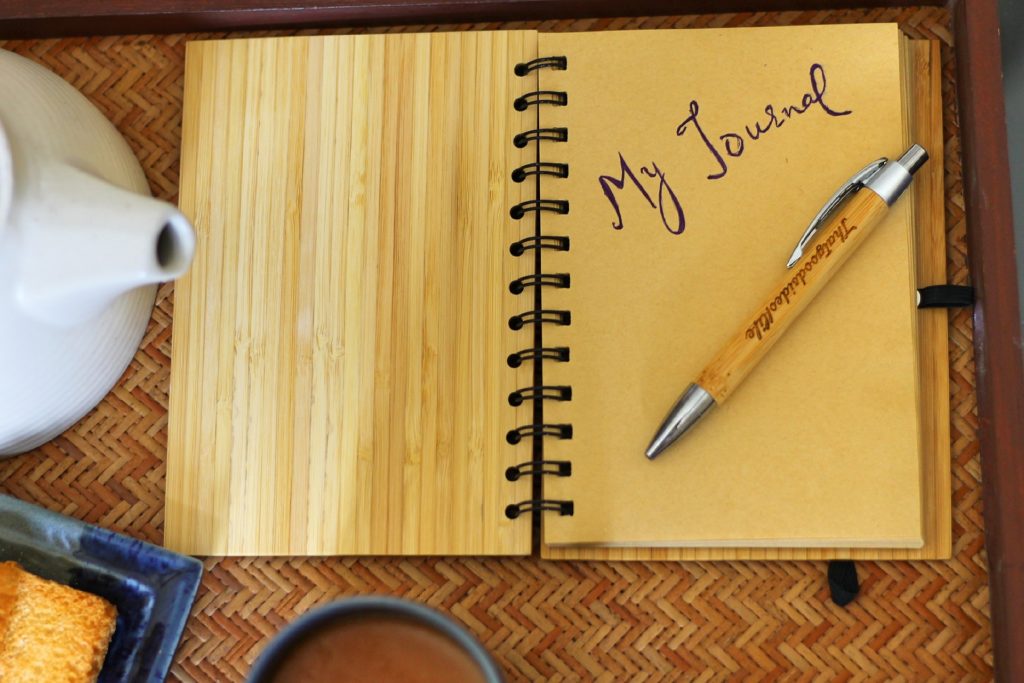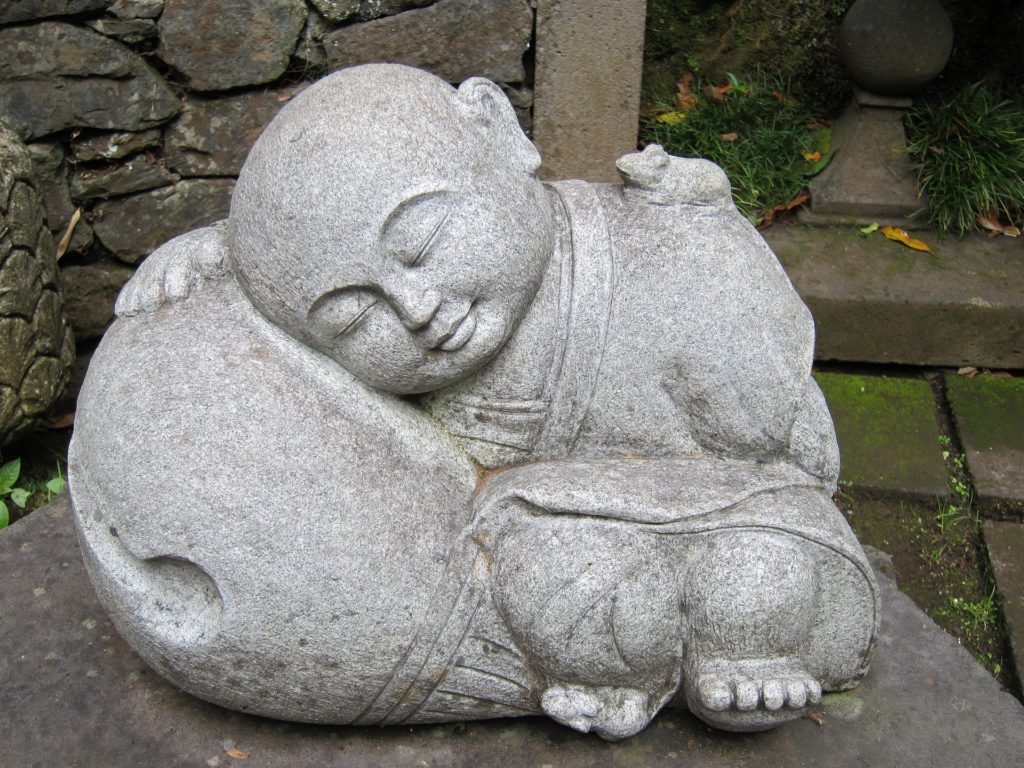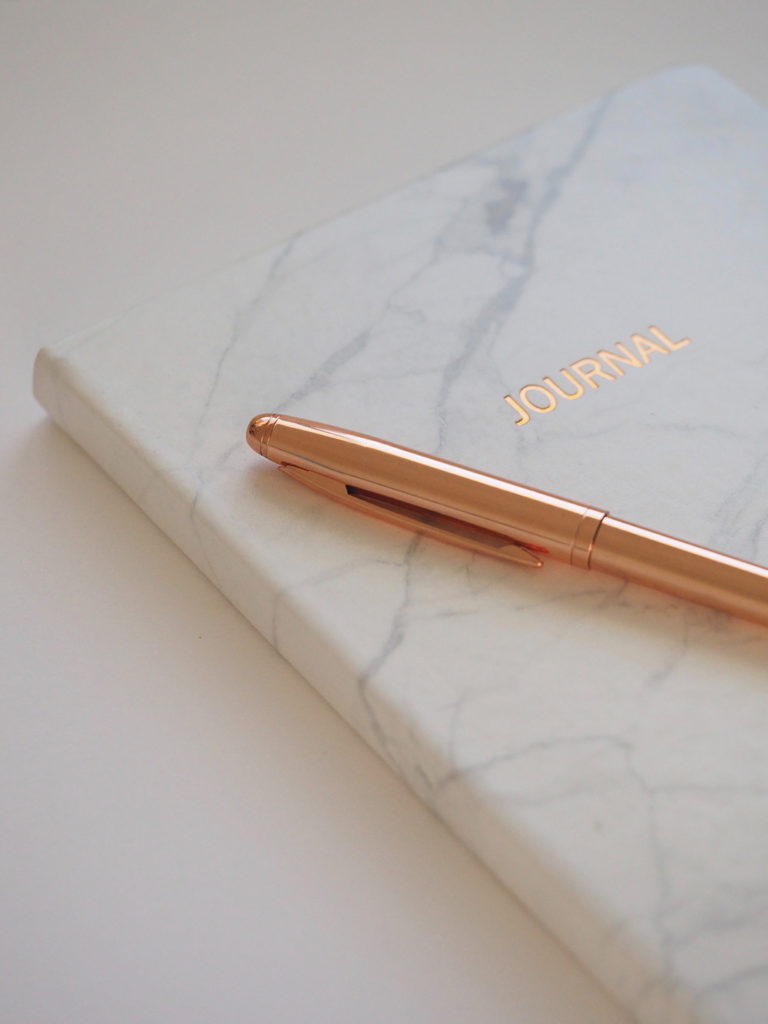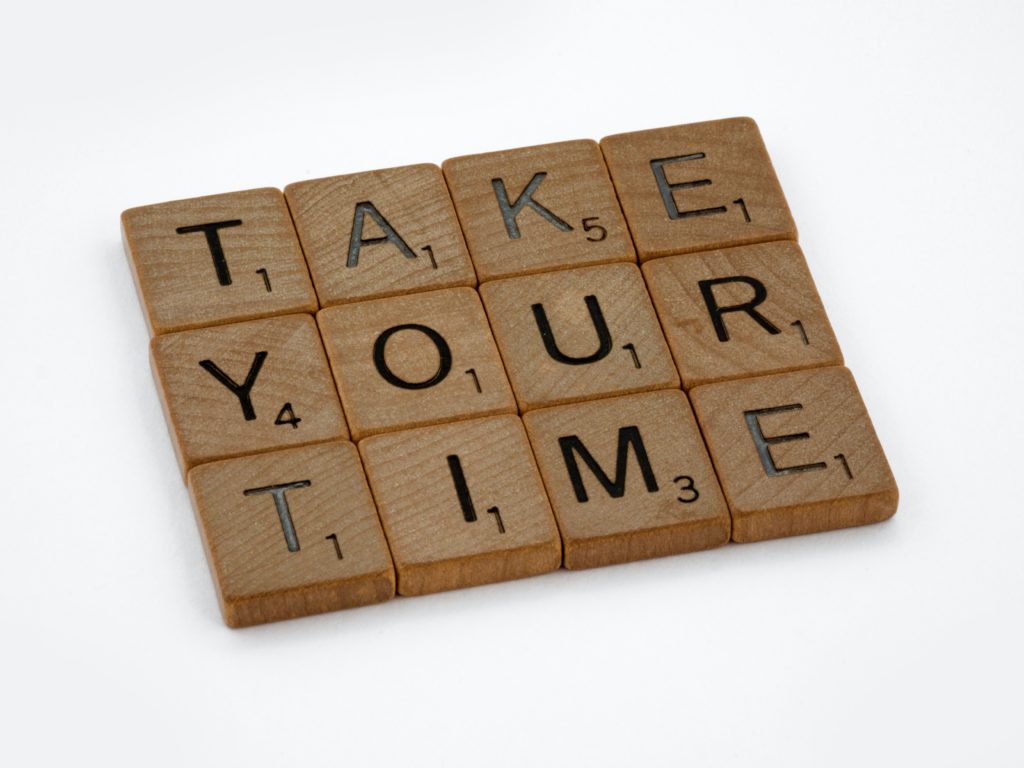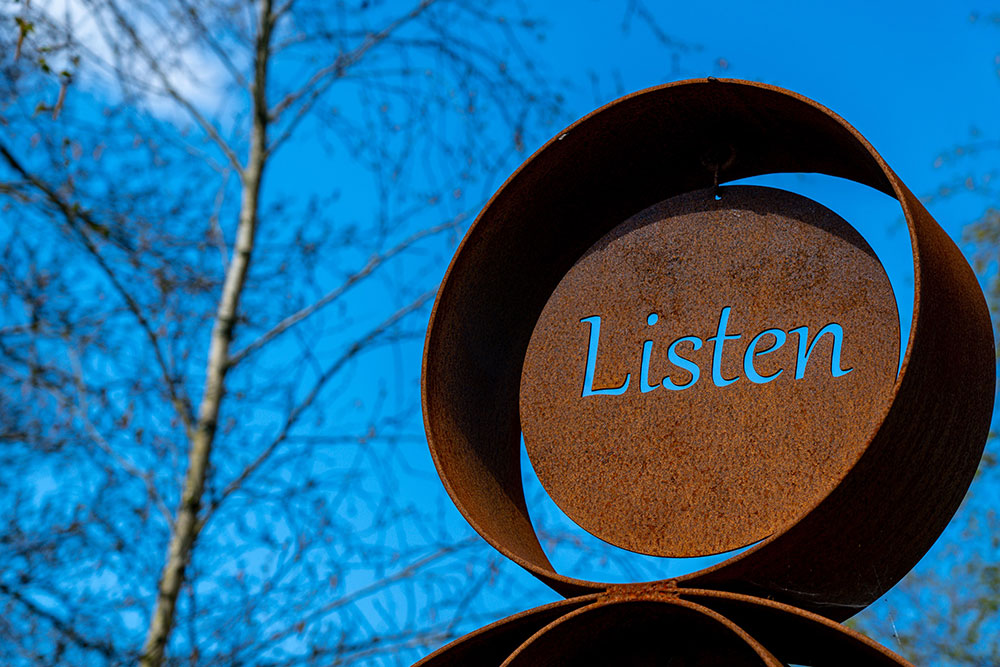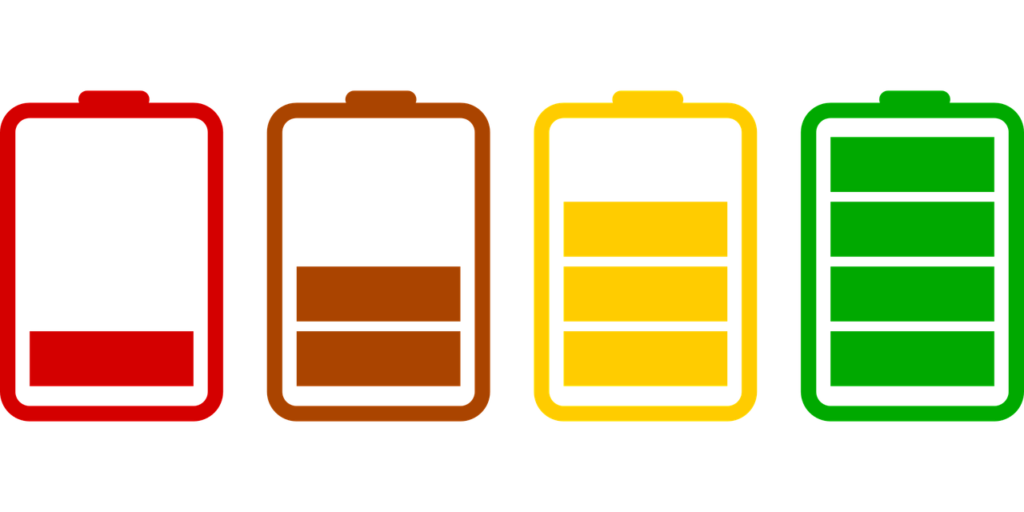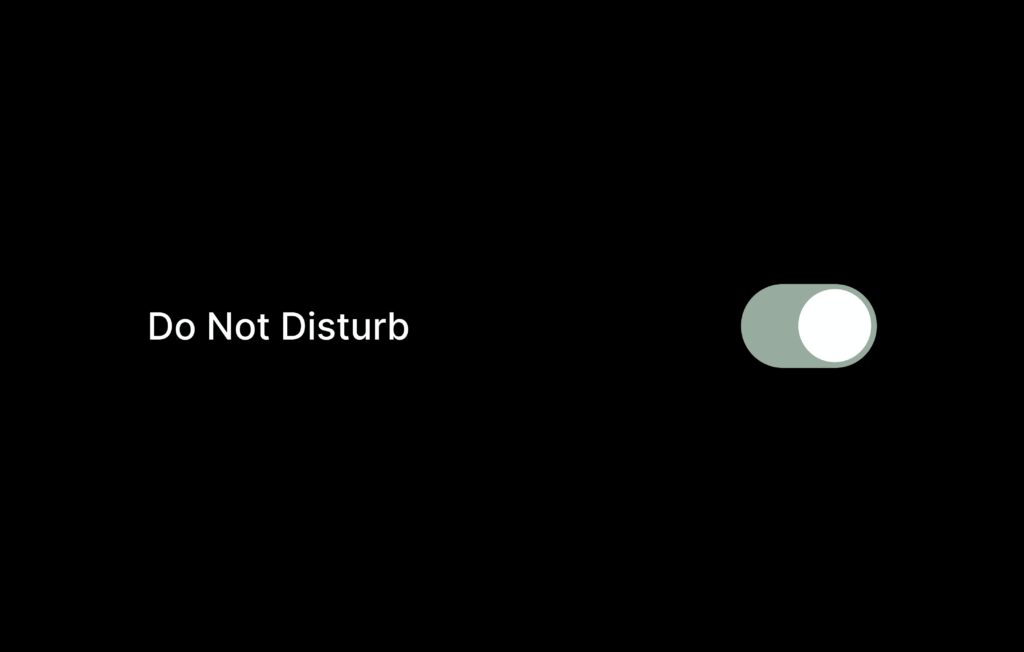We’ve already looked at how journaling is helpful to self-care, ie. what the benefits are. Here we’re going to take a little closer look at how you can use journaling for self-care. Aside from just adding journaling to your routine, it is important to understand why it can be so therapeutic and cathartic for you, and why it is considered to be a self-care activity.

Why Journaling is Considered Self-Care
When you think about self-care, you want to think about what will improve your life, make you feel happier and healthier, and be good for your physical, mental, and emotional health. That is where journaling comes in.
Journaling provides many things for many people, but it won’t always have the same benefits for each person. What you get out of journaling relies on how you use it, what you write about, your mindset about journaling, and if you even enjoy writing.
However, in general, here are some reasons journaling can be good for self-care:
- It is a reflecting activity, letting you see where you want to make improvements in your life.
- You can do a brain dump, where you get all the stressful thoughts out of your head and onto paper.
- It helps you to vent in a safe, private space without fearing judgment.
- It gives you a few moments of peace and quiet, where you focus on yourself and how you are feeling.
How to Turn Journaling into a Daily Ritual
If you want to use journaling as part of your self-care routine, here are a few things that can help you with that.
Start with morning pages. Morning pages are simple 2-3 pages you write down in your journal during your morning routine. It is stream of consciousness style, where you just write anything on your mind, not worrying about the topic, sentence structure, grammar, or any other writing rules.
Set up your journaling space. For some people, the area in their home they use for journaling is just as important as choosing the journal itself. You want this to be a quiet, private space in your home without distractions. A bedroom or office works great for this.
Use journaling prompts. If you are feeling stuck on what to write about, try using journal prompts. These are sentences or questions that give you a specific topic to write about.
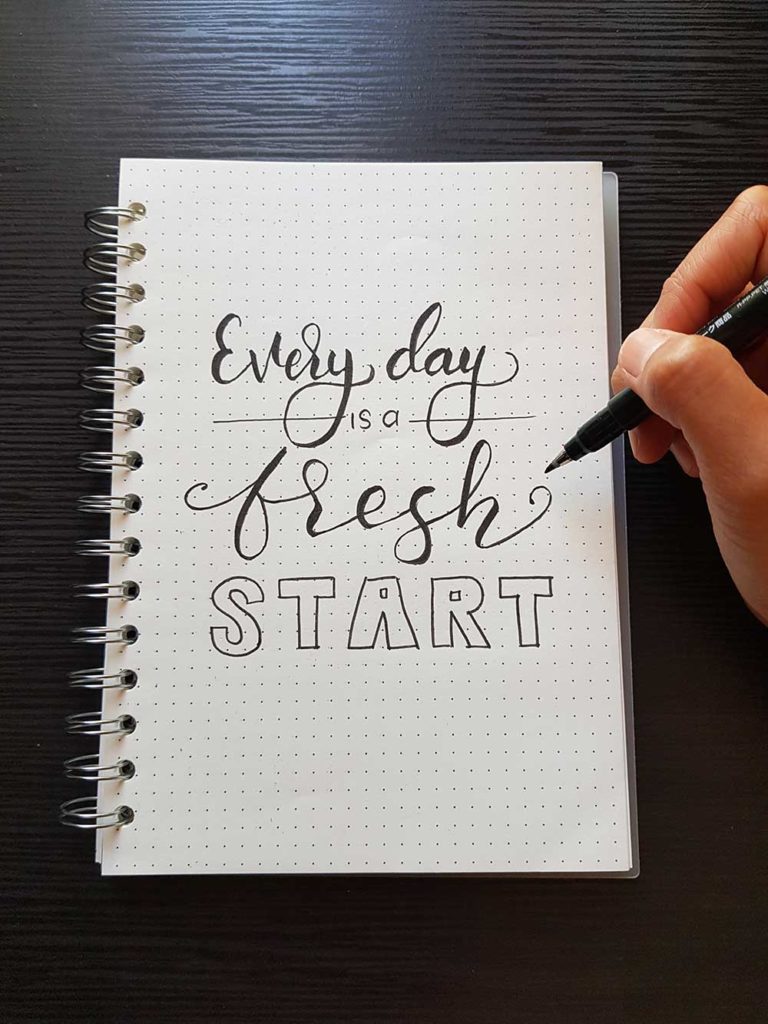
Types of Journaling for Your Overall Wellness
Remember that there are different types of journaling that can help with your wellness and work for self-care. Here is a rundown of some of the more popular options.
Stream of consciousness. This is where you don’t think about what to write about, and instead are just doing a “brain dump” where you get your thoughts out of your head. Typically, you end up writing about many different things, and go with the flow of your thoughts.
Daily journaling. Do you remember writing to your diary when you were a pre-teen? That is similar to daily journaling. It is often done at the end of the day, where you write about how your day went, how it could have been improved, and any reflections you have about your day.
Goal setting and specific topics. Some people prefer using their journal for specific things, like setting goals or expressing their creativity with short stories.

